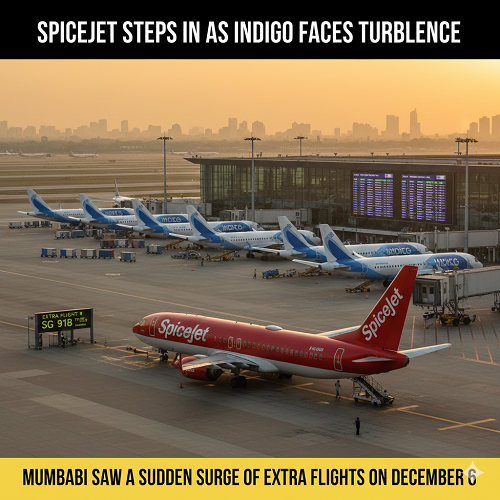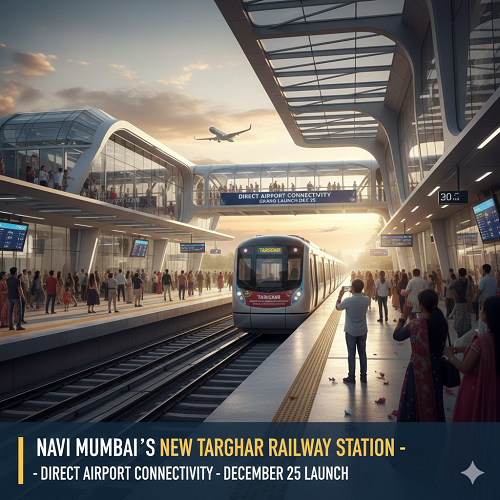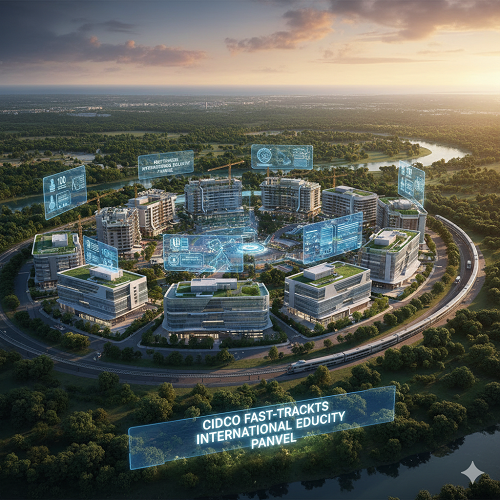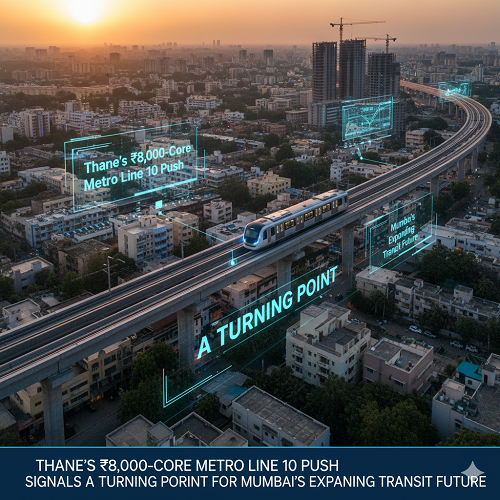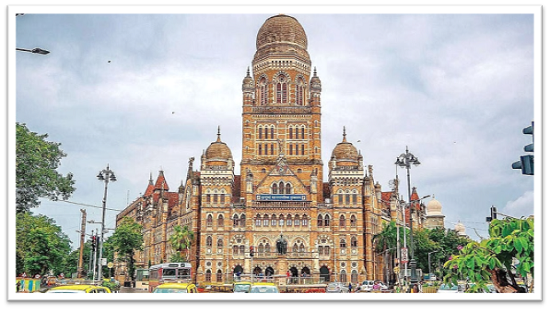
BMC Reopens Bids for 26 Slum Redevelopment Projects in M/East Ward, 49,000 Homes to be Rebuilt
Mumbai’s urban transformation continues to gather momentum as the Brihanmumbai Municipal Corporation (BMC) re-invites Expressions of Interest (EOI) for 26 slum redevelopment projects in the M/East ward. The initiative, which covers areas such as Deonar, Mankhurd, and Govandi, aims to redevelop 49,000 slum structures spread across 64 municipal plots. Despite a tepid response in earlier rounds, the civic body is pushing forward with renewed clarity and deadlines, underscoring its commitment to improving housing conditions in one of the city’s most vulnerable zones.
The projects are being executed under DCPR-2034 Regulation 33(10), which provides a framework for large-scale rehabilitation of slum settlements. Together, these 26 schemes involve redevelopment of approximately 8.37 lakh square meters, marking one of the most ambitious slum transformation drives in the city’s eastern belt. The BMC has set September 30 as the final deadline for developers to submit fresh EOIs, inviting experienced firms with proven capacity in slum rehabilitation and affordable housing projects.
Earlier Efforts and Limited Response
The BMC had earlier floated tenders on May 10 for 64 reserved municipal plots across 11 civic wards, with an aim to bring private developers into the rehabilitation process. Out of these, 17 plots were held back due to technical issues, while revised tenders for 47 plots saw over 100 bids for nearly 29 schemes. However, the majority of bids targeted plots in the western suburbs such as Borivali, Andheri, and Worli, along with a few in Mulund.
In contrast, the M/East ward received minimal interest, with several projects attracting only single bids and others going without any response. Officials attribute this imbalance to factors such as heavy encroachments, limited land potential, and the complex socio-economic profile of the ward.
Renewed Focus on M/East Ward
With the fresh EOI, the BMC is making a direct push for 26 redevelopment schemes concentrated in the M/East ward, home to thousands of low-income families. By re-inviting bids, the civic authority is signaling that equitable development must extend beyond high-value corridors in western suburbs to neighbourhoods like Govandi and Mankhurd, which are often overlooked despite their pressing need for formal housing.
Eight of the schemes previously received single-bid responses, highlighting the need for broader developer participation. The revised process now aims to attract more competition by clarifying terms and creating a level playing field for firms capable of handling complex rehabilitation work.
Developer Participation and Screening
For the schemes already tendered, the BMC has received encouraging traction. A total of 93 responsive bids from 25 companies have been shortlisted for 21 projects currently under review. This indicates that while initial hesitations remain, there is capacity and interest among developers to take on slum rehabilitation, provided frameworks are predictable and financially viable.
For the fresh round, eligibility criteria remain strict. Developers must demonstrate prior experience in slum or housing rehabilitation projects and meet both technical and financial thresholds. Selected contractors will oversee the entire chain of work—ranging from conducting slum surveys and securing planning permissions to construction and long-term maintenance of tenements.
Wider Redevelopment Targets
Beyond M/East ward, the larger redevelopment program also covers clusters in Shimpoli, Goregaon East, Malad East, Lower Parel, Dindoshi, Wadala, Govandi, and Ghatkopar. By spreading projects across multiple geographies, the BMC aims to balance citywide development and reduce the stark contrasts between Mumbai’s booming commercial hubs and its under-served neighbourhoods.
A Step Toward Equitable Urban Renewal
The re-invitation of EOIs for 26 slum redevelopment projects in M/East ward reflects the BMC’s determination to deliver on its promise of inclusive growth. While challenges like encroachments and low land potential have slowed progress, the corporation’s persistence ensures that vulnerable communities are not left behind in Mumbai’s growth story.
With September 30 as the submission deadline, the coming weeks will determine the level of developer participation and the feasibility of scaling up projects in these sensitive zones. If successful, the initiative could rehabilitate nearly 49,000 families, transforming living conditions in some of the city’s most marginalized neighbourhoods and setting a benchmark for urban renewal in India’s financial capital.

